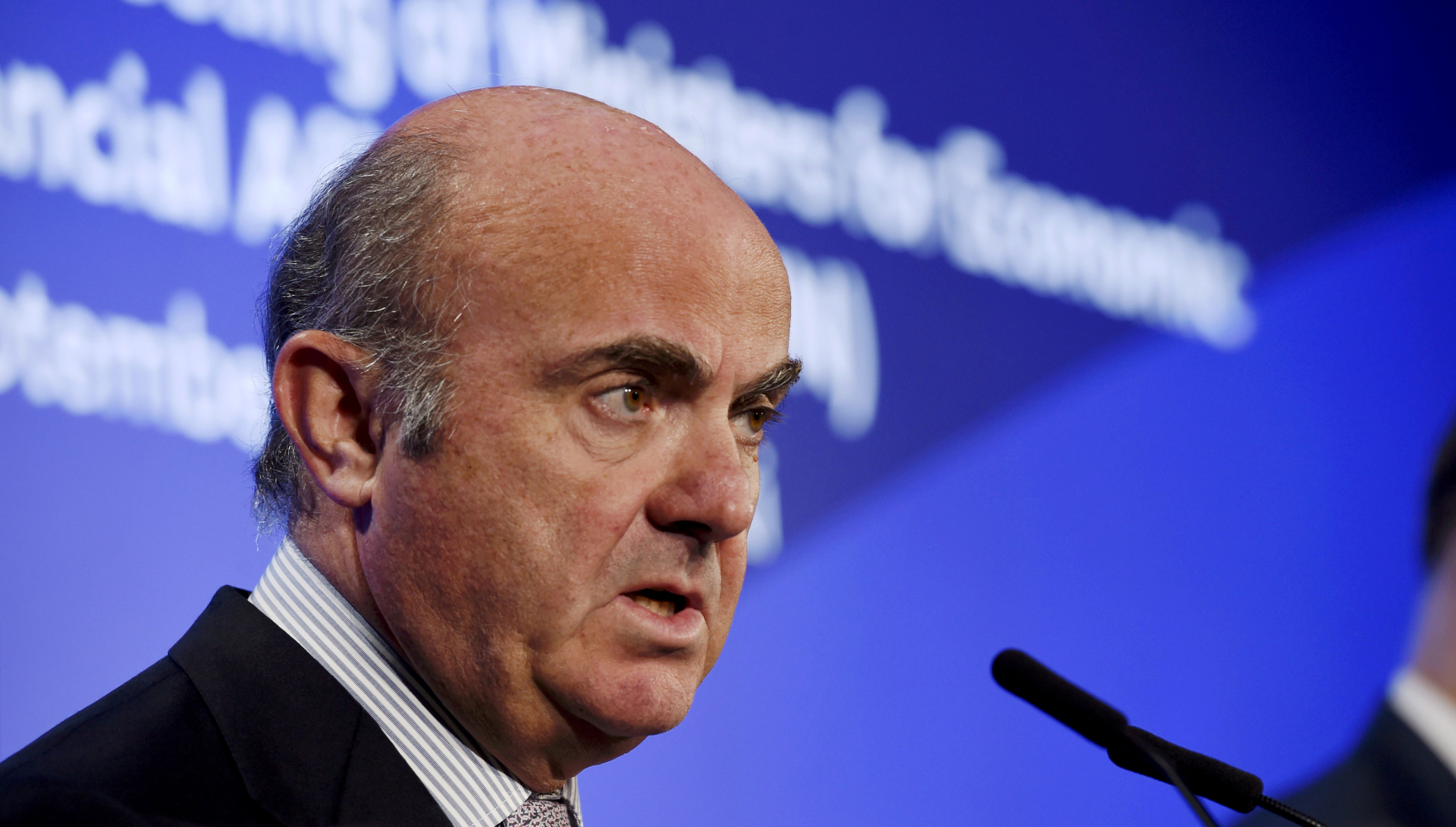2189
0
ECB Called On Eurozone Banks To Reduce Costs
Vice-President of the European Central Bank (ECB) Luis de Guindos called on eurozone banks to further consolidate and reduce costs in order to improve weakened profitability.

Yazar: Tom Roberts
Yayınlanma: 20 Ekim 2020 01:24
Güncellenme: 20 Şubat 2026 19:16
ECB Called On Eurozone Banks To Reduce Costs
Vice-President of the European Central Bank (ECB) Luis de Guindos called on eurozone banks to further consolidate and reduce costs in order to improve weakened profitability. Banks in Spain and other European countries are under pressure to increase defaults due to a new coronavirus pandemic and low interest rates. "Eliminating overcapacity is much more necessary than before the pandemic. Consolidation is a tool, not an end in itself, but can help reduce costs and eliminate overcapacity," de Guindos told an event hosted by Expansion and KPMG.Bank mergers
Last month, Spain's Caixabank and Bankia agreed to merge and create the largest bank in the domestic market. This has raised expectations of a new wave of mergers and acquisitions between Spanish banks. Their number has dropped to 12 from the original 55 after the financial crisis in 2008. At the beginning of October, Unicaja and Liberbank also began formal negotiations on mergers. Greater flexibility on the part of the ECB in terms of capital requirements could pave the way for greater consolidation of banks in Europe. Italy's Intesa Sanpaolo bought the Unione di Banche Italiane, while Spain's Sabadell informally negotiated a possible merger, including with BBVA and Santander, unnamed sources said in September. BBVA CEO Onur Genc said the bank was open to analyzing merger and acquisition opportunities "in Spain and elsewhere" as long as it brought profit to shareholders, although it is currently focusing on organic growth. However, at the same event as de Guindos, José Antonio Álvarez, vice president and CEO of the Santander Group, said his bank was not considering mergers and acquisitions.Adverse forecasts for the banking sector
The profitability of banks in the euro area is low and the current economic crisis is expected to worsen their prospects. In this context, De Guindos recalled that the return on capital of euro area banks (ROE), the rate of their profitability, had fallen to around 2% as a result of the pandemic that distorted their income and forced them to build up higher reserves. Prior to the outbreak of the pandemic, the euro area ROE was 5%, de Guindos added. He also noted at the event that European countries are reluctant to reintroduce as strict blockades as at the end of March. He also emphasized that any abolition of incentives to support European economies should be gradual and balanced.İLGİLİ HABERLER





European stocks soared and focus shifted to German retail sales after Powell's speech!

Forex Signal For TRY/USD: Inflation Slowdown in November.

Forex Signal For GBP/USD: Bullish Trend Still Not Breaking While Recovery Continues.

Forex Signal For EUR/USD: Starry US Data Points to Higher Fed Increases.

Forex Signal For BTC/USD: Downside Continues as Bitcoin Recovery Moves Less.
En Popüler Haberler
Yorum Yap
Yorumlar
Henüz yorum yapan yok! İlk yorumu siz yapın...